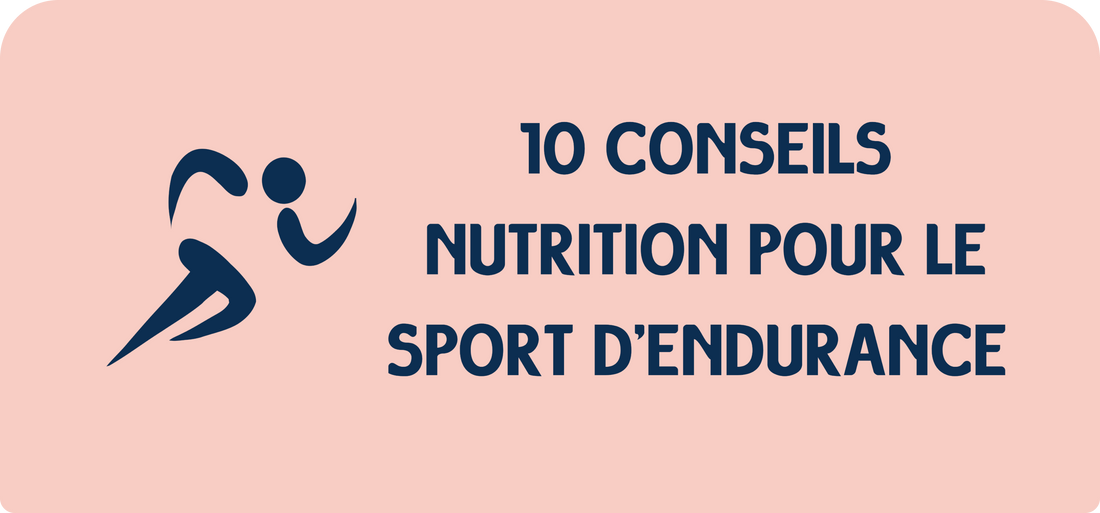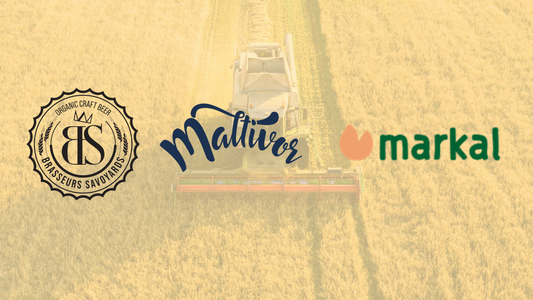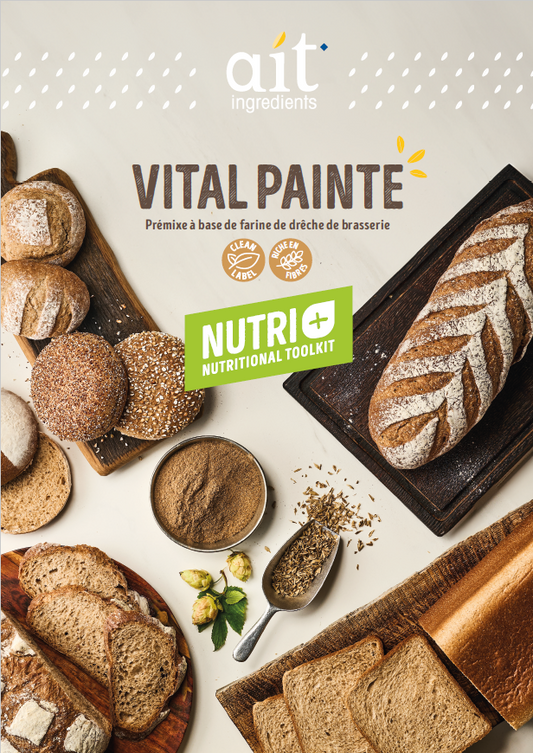10 Nutrition Tips for Endurance Sports
Here is a list of 10 nutritional tips for having a healthy lifestyle in line with sports practice:
- Hydrate: Hydration helps the kidneys in the protein assimilation process. You need at least 2 L of water per day, especially during periods of high heat. A slight lack of water in the body will lead to a drop in performance and a dehydrated muscle can be prone to injuries.
- Have a varied and balanced diet: this allows you to cover almost all vitamin and mineral needs. Allows you to optimize the athlete's physiological capacities. It is therefore necessary to consume starchy foods at each meal to fill up on energy.
- Consume plenty of protein: Protein is essential for maintaining muscle. The average person needs 1.2 to 1.4 grams of protein/kg/day. Be careful not to consume too much protein as it can cause kidney problems.
- Consume carbohydrates: physical activity is very energy-intensive, which is why it is important to renew carbohydrate reserves regularly. In order to optimize carbohydrate intake, it is better to turn to complex carbohydrates such as whole-wheat pasta, brown rice or whole-wheat bread. Thanks to their fiber, these foods will therefore provide the carbohydrates necessary for your body.
- Eat good fats: Indeed, a diet low in fat can have a negative impact on performance, which is why it is necessary to include healthy fats such as nuts, olive oil, avocado or seeds. Omega 3 acid is also one of the essential nutrients for our body.
- Think about superfoods: Goji berries or white chia seeds contain enormous nutritional qualities, they are known to be perfect allies during effective training! This is where the name "superfoods" comes from because they are foods rich in protein, calcium and antioxidants!
- Eating during exercise: in order to avoid dehydration and a drop in energy leading to a drop in performance, 3 elements are essential: water, sodium and carbohydrates. Sodium will be important to compensate for sweat losses. Carbohydrates will be important to compensate for energy losses. Our energy bars allow you to not miss anything with their carbohydrate and sodium intake.
- Don't forget fruits and vegetables: although fruits and vegetables have low caloric intake, they cover the nutritional intake of vitamins and minerals which will have a direct impact on the good assimilation of nutrients. Each month, you can find the list of fruits and vegetables of the month on our blog .
- Planning your meals: it is important to plan your meals to know what the athlete will eat before, during and after their physical activity, depending on their sports session!
- Treat yourself from time to time: it is still important to treat yourself from time to time and if you do physical activity regularly your body will get rid of it quickly!



